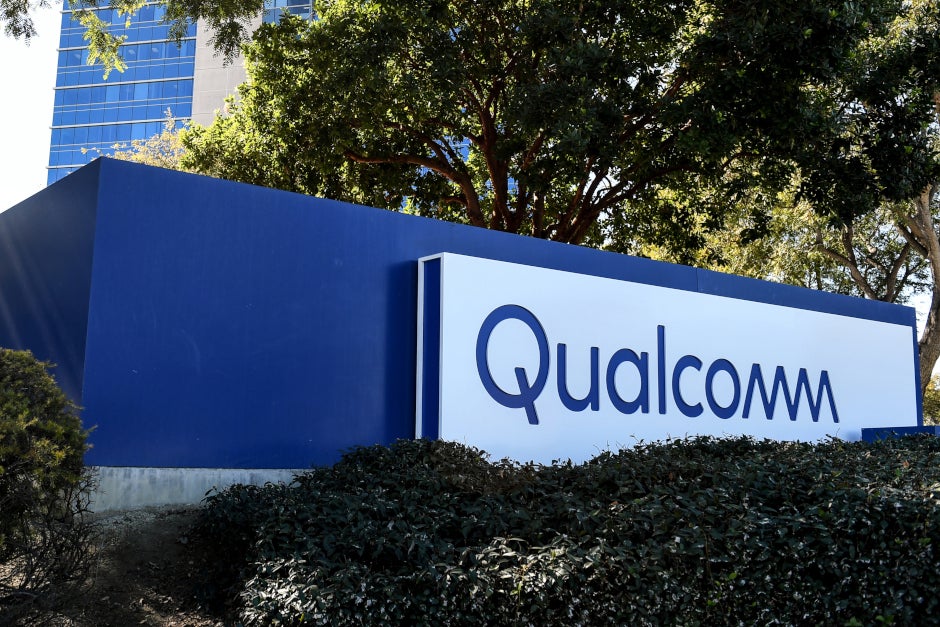Appeals Court says 5G chipmaker Qualcomm's "no license, no chips" is not anti-competitive

Qualcomm wins appeal; “no license, no chips” remains the chipmaker’s mantra
The Ninth Circuit’s three-judge panel felt that Qualcomm’s licensing at the manufacturer level was not anti-competitive since the company had no duty under antitrust law to license chips to competitors. The appeals court also ruled that Qualcomm’s “no license, no chips” policy is not anti-competitive and does not “undermine competition.” As far as any violation of the FRAND (Fair, Reasonable and Non-Discriminatory) terms that accompany the licensing of standards-essential patents, the court said that a remedy can be found by filing a different type of lawsuit with a different court.
Qualcomm’s “no license, no chips” mantra was also accompanied by other issues here and there that manufacturers objected to. For example, when calculating royalties owed by a manufacturer, Qualcomm had the annoying habit of calculating this amount by the retail price of a phone instead of basing the figure on the actual price of the chip. In 2018, the company did cap the valuation of a phone at $400 for purposes of these royalty calculations just as the world was getting used to $1,000 price tags. Many argued that instead of calculating royalties on a $400 figure, the estimated $150-$160 price of the Snapdragon 865+ Mobile Platform should be used instead.
Another huge phone manufacturer, arguably the largest in the world at this moment, recently reached a deal with Qualcomm that ends a legal battle between the latter and Huawei. In addition, Qualcomm is hoping to receive permission from the Trump administration that would allow it to sell its CPUs to Huawei to replace the Kirin SoCs that TSMC won’t be allowed (again, thanks to the current U.S. administration) to ship to the Chinese phone manufacturer after the middle of next month.

